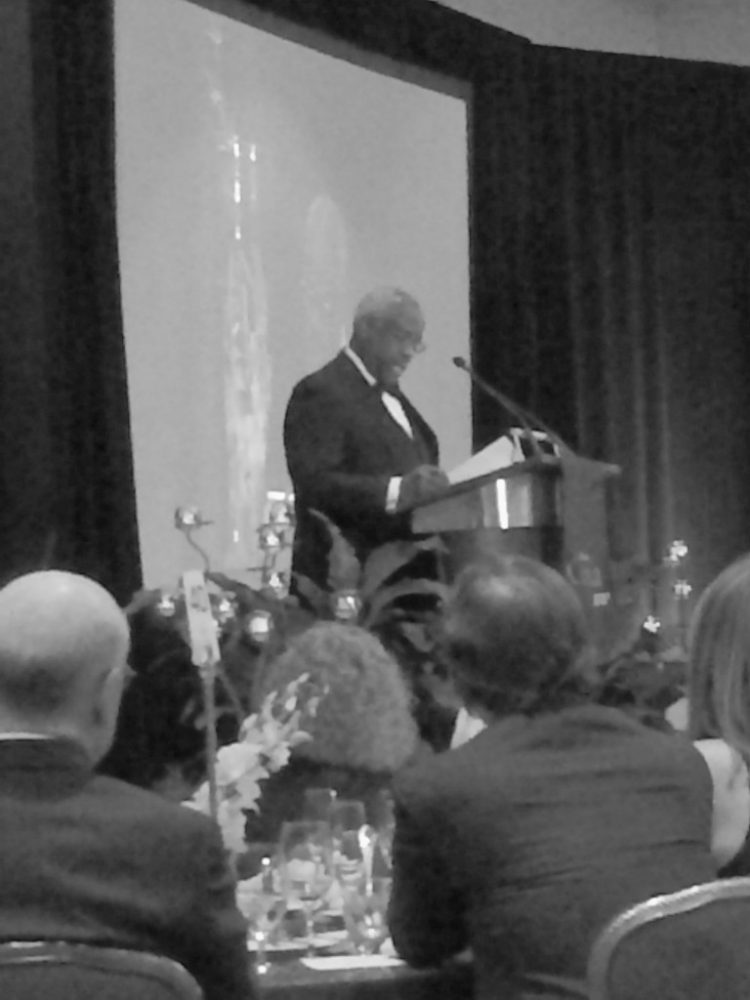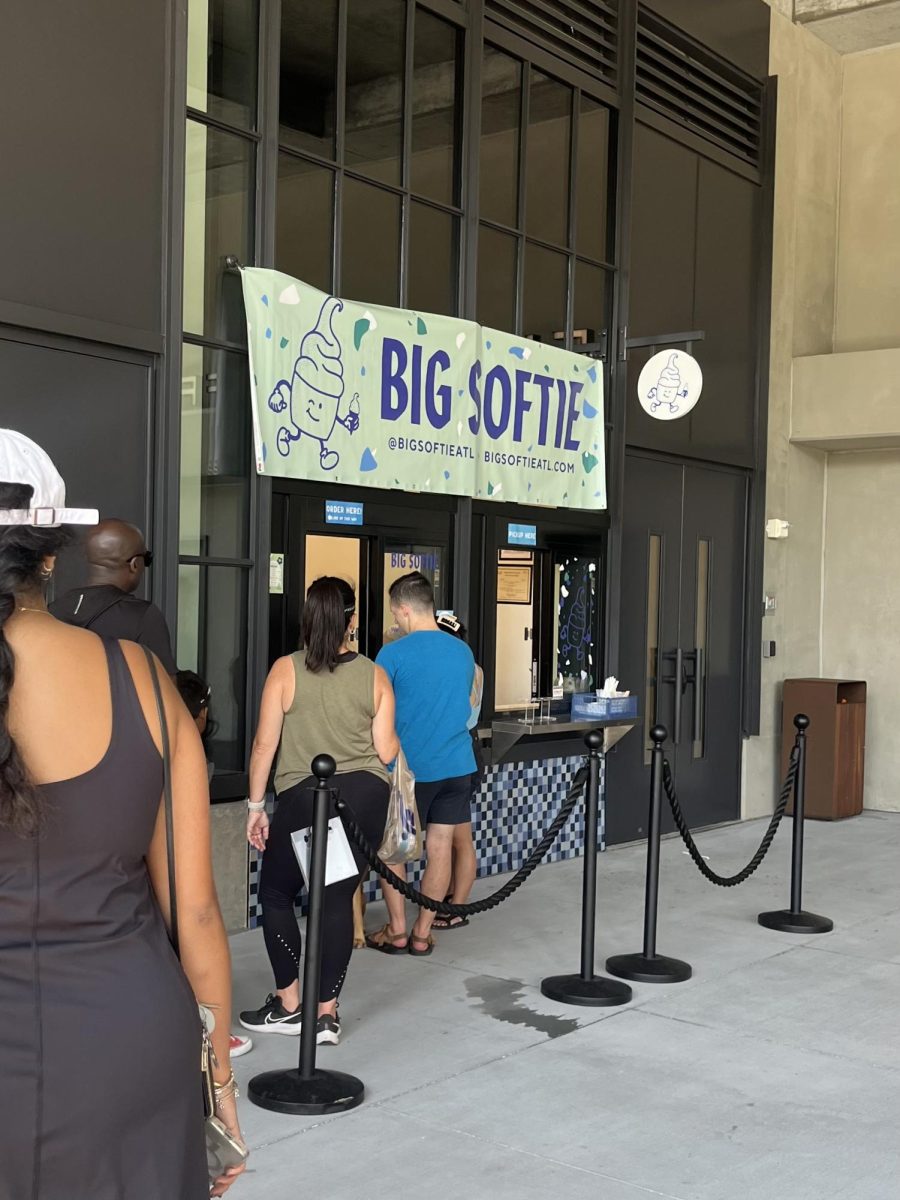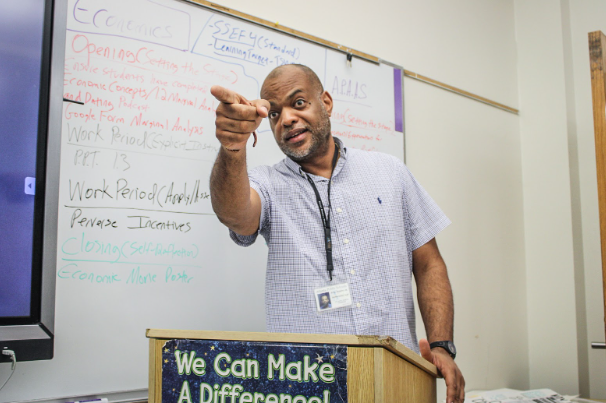
Supreme Court Justice Clarence Thomas is full of contradictions. He is the court’s only African-American justice, as well as its most conservative member. Raised in rural Pin Point, Ga., he completed his formal education entirely in the North. He is renowned for rarely speaking from the bench, yet he gives speeches at various universities across the country.
Thomas delivered one of these addresses on Feb. 5 to the members and alumni of the Georgia Law Review at the publication’s 15th anniversary gala in Atlanta.
“There’s so many people now who will make judgements based on what you look like,” Thomas said. “I’m black. So I’m supposed to think a certain way. I’m supposed to have certain opinions. I don’t do that. You don’t create a box and put people in and then make a lot of generalizations about them.”
Thomas began by expressing his fondness for his home state.
“As complicated and contradictory as my years growing up here were, I have an abiding love and affection for my home of Georgia. I am the son of the state, the sovereign state of Georgia.”
As one of the only black students in his Catholic high school in Savannah, Thomas combatted prejudice throughout much of his youth. Bitter, over rampant racism in the South and feeling trapped in what he called “a white world,” Thomas fled to the North during turmoil due to the aftermath of the assassination of Martin Luther King Jr.
He soon enrolled in the College of the Holy Cross in Worcester, MA.c later attending Yale Law School.
“Since I headed off to college, I have dreamt of returning [to Georgia],’’ Thomas said. “Indeed, I only left in order to prepare to come back.’’
Still perturbed by race relations in America, he worked as the Assistant Secretary of Education for the Office of Civil Rights and the Chairperson of the Equal Employment Opportunity Commission.
“Alas, as much as Georgia was on my taking the midnight train back home, it was not to be for many years.”
He can still recall when his change of heart toward Georgia began.
“On the way from the airport in the early 1980’s, I noticed a large billboard with a picture of [black football player,] Herschel Walker. I think it simply said, “Herschel.” That said it all.”
This symbol of acceptance and the cooling of racial tensions spurred Thomas tohalf since I had been gone from Georgia, things had changed and were changing.”
Abruptly, Thomas’ speech changed course, offering an uncharacteristic insight into why the justice remains silent during most oral arguments. Thomas had a nearly seven-year streak of not speaking from the bench, which he broke on Jan. 14, 2013 when he joked a law degree from Harvard may be proof of incompetence. Previously, the justice has named several reasons for his silence, including self-consciousness about how he speaks, a preference for listening and difficulty getting in a word.
Thomas alluded to the poor education and low income of his family as the major reason why he remains reticent.
“Growing up most people in my community could barely read and write, that was not uncommon. So when you gave a man your word that meant quite a lot. When you say something, it is there, your honor, your belief.”
Thomas noted a phrase he often tells his young law clerks.
“True eloquence is packing a 10-dollar word into a 10-cent sentence without losing meaning.”
Each time Thomas thinks of this saying, he is reminded of his grandparents, neither of whom attended college. Thomas keeps a photograph of them and his mother in his office so that he never forgets where he came from and why he continues to do his job.
“Sometimes, you have to be reminded why you are still doing what you do. In the legal field, is it for the battered woman, the death row inmate? For me, it is my family.”







